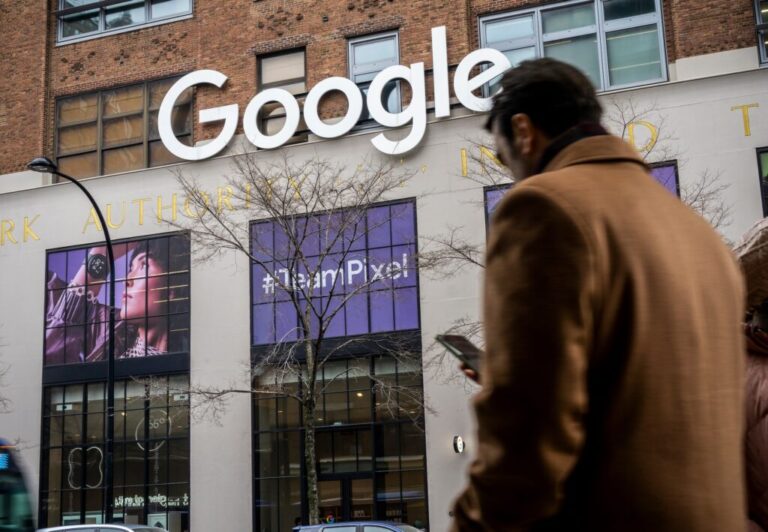In a move that could significantly change the landscape of digital marketing and customer relationship management (CRM), Google's parent company Alphabet is reportedly in talks to acquire online marketing software giant HubSpot. .
The acquisition, valued at a potential $35 billion, would be Alphabet's largest in history and signals a strategic move into enterprise apps and data analytics. As regulatory scrutiny increases under the Biden administration, this partnership could redefine Google's position in adtech and martech, as well as pave the way for new customer engagement and digital marketing strategies.
Potential impact on HubSpot customers and the martech landscape
Alphabet's potential acquisition of HubSpot could have a significant impact on HubSpot's existing customer base and the broader martech landscape. HubSpot, known for its comprehensive marketing software for small and medium-sized businesses, may integrate with Google's vast array of analytics and advertising tools. This synergy provides HubSpot customers with enhanced capabilities in data analytics and targeted advertising, with the potential to transform marketing strategies and outcomes.
This move could also significantly change the competitive dynamics within the martech space. Alphabet's entry into CRM and marketing automation through HubSpot will challenge the dominance of existing players such as Salesforce, Adobe, and Microsoft, prompting a wave of innovation, more competitive pricing, and perhaps a wide range of customers across the industry. This could lead to a redefinition of engagement practices. This deal is likely to reshape customer expectations and further emphasize the need for integrated digital marketing solutions.
Antitrust concerns and regulatory hurdles
Alphabet's potential acquisition of HubSpot is not without its challenges, particularly in the area of antitrust concerns and regulatory hurdles. Alphabet, a major technology conglomerate, is already under regulatory scrutiny, particularly over the Biden administration's stance on big tech. The acquisition of a significant player in the marketing software industry like HubSpot could raise flags regarding market concentration and competition.
Discussions with Alphabet and Morgan Stanley about a possible HubSpot offer also include consideration of how antitrust regulators would view such a partnership. This cautious approach highlights the complex regulatory environment Alphabet must navigate to successfully complete its acquisition of HubSpot. The outcome of these deliberations could set a precedent for future technology mergers and acquisitions, highlighting the delicate balance between innovation and maintaining a competitive market environment.
What does digital marketing look like with Google and HubSpot?
This innovative integration has the potential to leverage Google's unparalleled data analytics and search capabilities with HubSpot's powerful marketing software to provide businesses with unprecedented insight into customer behavior and preferences. The synergy between Google's advertising platform and HubSpot's inbound marketing strategy allows for a more consistent and targeted approach to customer engagement, potentially increasing the effectiveness of your digital marketing campaigns.
Additionally, the combined strengths of these companies have the potential to accelerate the adoption of artificial intelligence in marketing, delivering predictive analytics and personalized customer experiences at scale.
As the landscape evolves, businesses can benefit from more integrated, data-driven marketing solutions, potentially setting new standards for customer acquisition and retention. This merger not only redefines the tools and strategies available to marketers, but also has the potential to shape the future trajectory of the digital marketing industry.


